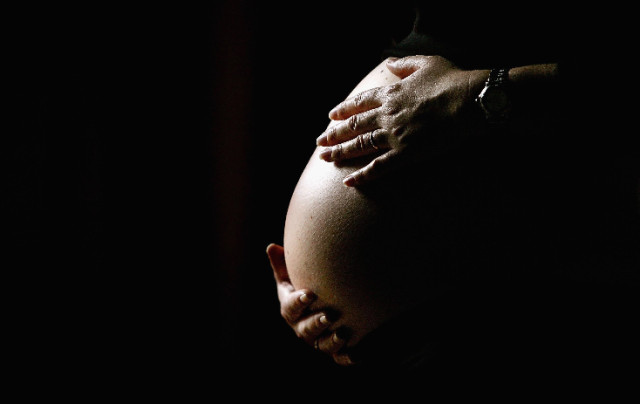EKITI STATE, Nigeria — In a bid to curb maternal death in the country, the Federal Government has said that the Rural Emergency Service and Maternal Transportation initiative will focus on saving 1.7 million pregnant women in rural areas.
The project is being undertaken by the Federal Ministry of Health in partnership with the World Bank aimed at breaching the gaps in accessing appropriate, timely and affordable healthcare for pregnant women.
This was made known by the representative of the National Emergency Medical Service and Ambulance System, Adejoke Dada during a stakeholders’ meeting in Ado Ekiti, Ekiti State.
The project which will commence officially in January 2025 will be undertaken in 15 IMPACT Project states.
She said, “This programme is to help 1.7 million pregnant women to access affordable and qualitative emergency care so that these women in the rural areas do not die of childbirth anymore and also to ensure that our newborns too do not die of morbidity diseases that are associated with neonatal.
“This initiative is championed by the Minister of Health, Prof Ali Pate, that we should empower 15 states as the first batch so that the communities which have high mortality and morbidity rates could be assisted to access timely, affordable and adequate emergency care for the rural women and children under five and neonatal,” Dada said.
A resource person with NEMSAS, Dr Prosper Ahworegba, said under the RESMAT initiative, the World Bank would provide ambulances in different wards in the 15 beneficiary states for emergency transportation of pregnant women and children to primary healthcare centres and obstetrics and newborn centres.
Ahworegba said, “A lot of women die because of lack of access to healthcare when they are pregnant. The figures for maternal and infant mortality across Nigeria are very high.
“While the UK has just seven deaths per 100,000 live births, Nigeria has between 576 and 615 deaths per 100,000 live births. This is embarrassing. That is why the Federal Ministry of Health feels that we should help women in rural areas.
“A preponderance of those who die are in the rural areas and most of them die because they cannot access transportation to the nearest hospital that can take care of them. That is the essence of our presence here.
“The World Bank will provide the ambulances, but people will pay a token so that it will be sustainable.
“The ambulance will be in that ward so that if there is a need to move a child who is sick or a pregnant woman who requires extra care, that person will be moved immediately to the next comprehensive emergency obstetrics and newborn centre.
“We have 15 states for this IMPACT Project. We expect to help 1.7 million pregnant women in rural areas and save them from early deaths due to pregnancy-related causes,” the medical expert said.
The Executive Secretary of Ekiti State Primary Healthcare Development Agency, Dr Ayodele Seluwa, who represented the Commissioner for Health, Dr Oyebanji Filani, said the initiative would boost healthcare delivery in terms of access to care.




















